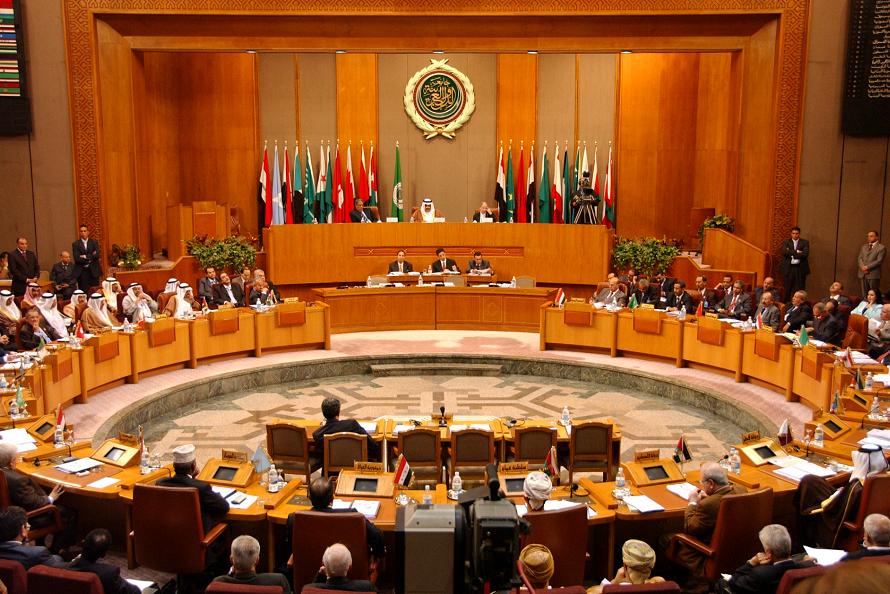Arab League combating human trafficking

The Arab League is involved in various international projects to combat human trafficking, and has developed as well regional initiatives to combat the phenomenon. The Arab Charter on Human Rights, which entered into force in 2008, in art. 9 prohibits trafficking in human organs and trafficking for the use of “medical experimentation”. In addition, Art. 10 prohibits “all forms of slavery and trafficking in human beings”. Under Art. 48, the States have the duty to “submit reports to the Secretary General of the League of Arab States on the measures they have taken to give effect to the rights and freedoms recognized in the Charter”.
The Council of the Arab Ministers of Justice in 2005 and the Council of the Arab Ministers of Interior in 2006, have adopted the Arab Guiding Law on Human Trafficking (Model Law to Combat the Crime of Trafficking in Persons), which follows the definition on trafficking contained in the UN Protocol (Protocol to Prevent, Suppress and Punish Trafficking in Persons, Especially Women and Children, Supplementing the United Nations Convention Against Transnational Organized Crime) and provides principles and assistance to countries in drafting national anti-trafficking legislation.
In 2007, in Cairo, the Arab League organized a workshop on “The mechanisms to combat human trafficking in Arab legislation” which reviewed the progress made by the Arab countries in combating trafficking in persons through legal actions.
The Arab Initiative for Building National Capacities for Combating Human Trafficking adopted by the Council of the Arab Ministers of Justice, was launched during the Doha Foundation Forum in 2010. The Forum, which has become an annual conference since was aimed at establishing consultations and exchanges of views among the participants (the Doha Foundation Forum was attended by 635 representatives of the Arab League, UNODC regional office, official delegations from Arab countries, experts) on the situation in the Arab Region related to human trafficking, building political consensus for future action in order to combat human trafficking. The Forum produced important recommendations including the promotion of international and regional cooperation, building national capacities to implement counter trafficking legislations, supporting victims, activating the role of media, NGOs, civil society organizations and utilizing the latest technology to combat this phenomenon.
The Arab Initiative, benefiting of support from Qatar Foundation for Combating Human Trafficking (QFCHT), Arab League and UNODC, aims at building and promoting “national capacities in the Arab region to effectively combat human trafficking. The Arab Initiative launched seeks to achieve these objectives through building national, sub-regional and regional coalitions in order to increase national and regional coordination to combat human trafficking and conducting regional and national specialized training workshops to build the capacity of all concerned stakeholders to prevent, prosecute and adjudicate human trafficking cases whilst protecting the rights of victims.”
The Arab Initiative aims at supporting the Arab States in preventing and combating human trafficking also by promoting the compliance of domestic legislation in accordance with the relevant international Human Rights legal instruments and urged the states that haven’t ratified the Protocol to Prevent, Suppress and Punish Trafficking in Persons, especially Women and Children (UN TIP Protocol – one of the Palermo Protocols), to do so.
The Comprehensive Arab Strategy for Combating Trafficking in Human Being is a draft program presented during the Scientific Forum “Towards an Arab strategy to combat trafficking in human beings” (December 2011) held at the headquarters of the General Secretariat of the Arab League in collaboration with the Naif Arab University for Security Sciences; the Strategy was adopted in February 2012 by the Council of Arab Ministers. “The need to prevent the crime” is one of the main goals of the Strategy, which lists also eight focus areas, with respective strategic goals. The eight axes are: 1)the criminalization of all forms of human trafficking, 2)the guarantee of efficiency of investigation, indictment and trial of the crimes related to human trafficking, 3)the strengthening of the measures and procedures for prevention, 4)the protection of the victims, 5)the promotion of regional and international cooperation for combating trafficking in human beings, 6)the strengthening of national institutional capacity necessary to combat human trafficking, 7)the update of the Guidelines for Arab laws that combat human trafficking and its dissemination and application, and 8)the coordination of combating efforts in the Arab region.
The Anti-Human Trafficking Coordinating Unit created within the Legal Affairs Department of the Arab League monitors the phenomenon of trafficking in the Arab region and serves as a coordinating unit for the Arab States in their national implementation of laws against trafficking. The Unit is also responsible to follow-up the implementation of the Comprehensive Strategy and generally describes the efforts of the regional countries in combating human trafficking organizing workshops, training programs, seminars, conferences, lectures, studies and technical support for the specialized institutions of the Arab League member States.

